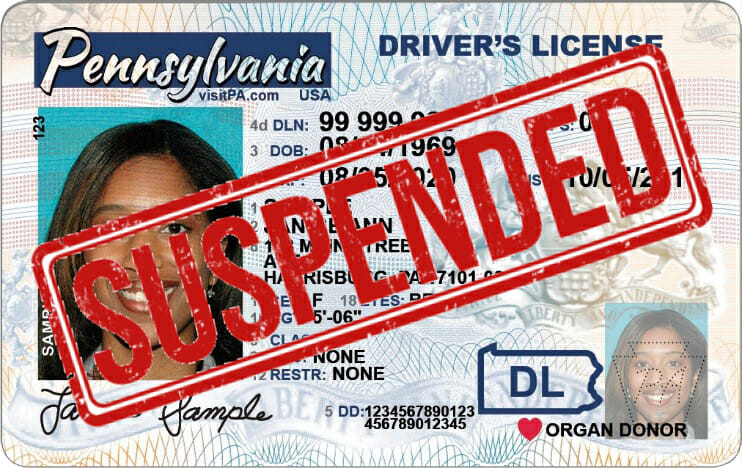Can I be pulled over because the owner of the vehicle is suspended?
Posted in Constitutional Rights on August 20, 2023
Owner of Vehicle is Suspended
I am frequently asked “is it legal for the police to pull someone over because the owner of a vehicle has a suspended license?” Basically, people want to know if the police must check or confirm that the person driving is actually the owner BEFORE conducting a traffic stop. In the past, Pennsylvania did not allow such stops that were based upon the owner of the vehicle being suspended. The police were required to do some investigation to believe that the driver was also the owner. The police would often pull up the owner’s photo on the computer in the police car, and the officer would then drive beside the vehicle to see if the driver resembled the photo of the owner. The court decision that required a pre-traffic stop investigation was Commonwealth v. Andersen, 753 A.2d 1289 (Pa. Super. 2000).
Change in Pennsylvania Law – Andersen Overruled
HOWEVER, the Andersen decision was overruled in Pennsylvania by the decision in Commonwealth v. Jefferson 256 A.3d 1242 (Pa. Super. 2021). When people contact me with this question, they often tell me that the Andersen decision prevents such traffic stops. The problem is that Andersen is no longer valid.
In the Jefferson case, the owner of the vehicle was not suspended but was wanted for an outstanding warrant. The police stopped the vehicle to investigate whether or not the driver was the owner that was wanted on the warrant. The driver challenged the legality of the traffic stop because the stop would have been illegal under Anderson. The Jefferson Court discussed the 2020 U.S. Supreme Court decision in Kansas v. Glover. The Glover Court also reviewed a case in which the police had stopped the driver because the owner was suspended. The Court noted that the owner may not always be the driver, but the Court’s decision was not whether the officer was 100% correct in thinking that the driver was the owner. The Court stated that the officer had a reasonable suspicion or reasonable belief that the owner may have been the driver. In order to conduct a traffic stop, which is considered an “investigative detention”, then the officer must have a reasonable suspicion that the person is breaking the law. In Glover, the Court ruled that the officer had reasonable suspicion to justify the traffic stop because the owner was suspended.
The Court in the Jefferson case adopted the rationale from Glover and ruled that the traffic stop based upon an outstanding warrant for the owner of the vehicle was lawful under the 4th Amendment. The Court also ruled that the Pennsylvania Constitution did not give the driver any additional rights, so the Court ruled against the driver and ruled that the traffic stop was legal.
Case Review With Experienced State College Criminal Defense Attorney
This means that the current state of Pennsylvania law generally allows the police to conduct an investigative detention, meaning a traffic stop, if the police know that the owner of the vehicle has a suspended license or outstanding warrant. There could be exceptions to the general rule. For example, if the owner of the vehicle is a male and the police acknowledge or admit that they could see that the driver was a female, then an argument could be made that the police did not have reasonable suspicion to believe that the owner was driving and thereby a traffic stop would have been illegal. Any person that was stopped in a situation like this should contact an experienced criminal defense attorney for a case review to determine whether the traffic stop was in accordance with the U.S. and Pennsylvania Constitutions.
